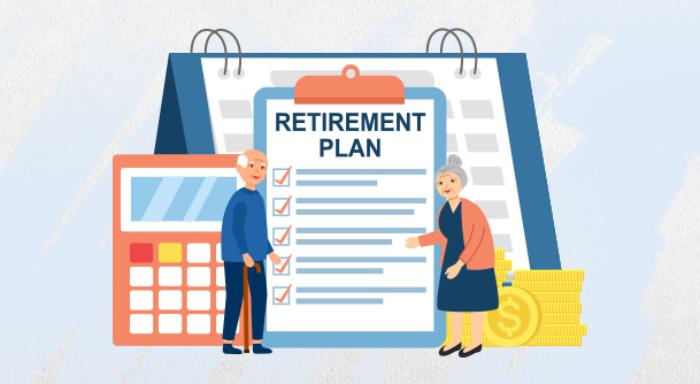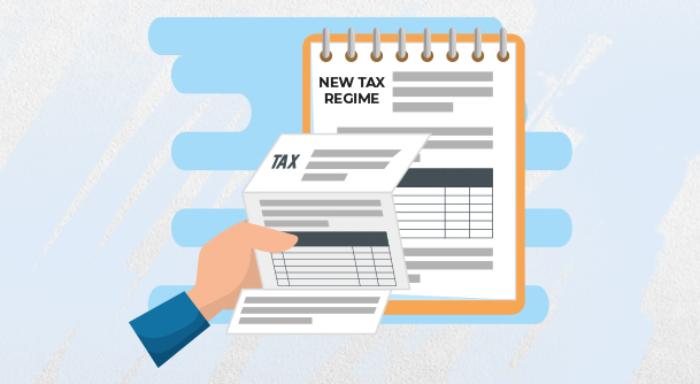Can Your Parents Help You Reduce Your Tax Burden? Yes, Here's How
Blog Title
2093 |
8/29/25 7:28 AM |
Let’s be honest — nobody wants to pay more tax than they have to. If you're smart about your planning, your parents can help you reduce your tax burden. Yes, that’s right. The Income Tax Act provides several legal ways to save money by involving your parents in your financial strategy.
Whether aiming to save taxes or reduce income, here’s a simple guide to your options.
Take Advantage of the Basic Tax Exemption Limit for Your Parents
If your parents are retired and don’t have a significant income, they still have a basic exemption limit. Instead of investing everything in your own name, you can shift some of it to your parents. Why?
Because the income they earn from those investments may fall below the taxable limit. That means it’s tax-free in their hands — and lowers your own tax burden in the process.
Let’s say you give a certain amount to your mother, who has no income. She invests in a saving insurance plan or a life insurance policy and earns returns that fall within her exemption limit. This income won’t be taxed in her hands, nor yours.
Invest in Their Name to Lower Your Taxable Income
You can invest in tax saving insurance or other tax free investments in your parent’s name — especially if they are senior citizens.
Options like term insurance, ULIP (also called unit linked insurance plan), or even a guaranteed income plan are useful when held in the name of a parent with low or no income. You get peace of mind with long-term returns while your tax liability stays low.
Also, many people choose to buy life insurance for their parents. A life insurance term plan in your parent’s name could give you added life insurance tax benefits, depending on how the plan is structured.
Provide Tax-Free Gifts to Your Parents
Gifting money to your parents is completely legal and, more importantly, tax-free. There’s no gift tax when you give money to your mother or father, regardless of the amount.
So, instead of investing large sums in your own name, give that money to them. They can then put it into a ULIP, endowment life insurance, or any other investment plan. You save on taxes, and they benefit from steady returns.
This is especially useful for long-term goals like retirement planning or legacy building.
Avail Deductions Under Section 80D for Your Health Insurance
If you're paying for your parent’s health insurance, you can claim an additional deduction under Section 80D of the Income Tax Act.
Make sure the policy is in your name, and you’re the one making the payments. Even online insurance purchases qualify — so you can easily buy policy online and still get the benefits.
If your parents are above 60, the deduction limit is even higher. This is one of the simplest ways to reduce your taxable income.
Consider Paying Their Medical Expenses (If Uninsured)
Not everyone’s parents are covered under a life insurance policy or a medical plan. If yours aren’t and you’re paying for their hospital bills, doctor visits, or medical treatment, you might be eligible for deductions under certain sections.
You just need to make sure you document all expenses clearly and maintain receipts. That’s where proper record-keeping helps, especially when claiming a tax benefit later.
Save Tax on Your Capital Gains Through Your Parents’ Help
Have some long-term capital gains from selling shares or mutual funds? Here’s a neat trick: you can transfer these assets to your parents’ account first and then sell them.
Since their income is likely to be lower, the tax saving on capital gains can be significant. This strategy works best when done over time with proper planning.
It’s not a tactic, it’s just smart financial planning — legally allowed and very effective.
Split Your Rental Income (If Joint Property)
If you own a house jointly with your parents and earn rent from it, split the income based on the ownership ratio. This reduces the taxable rental income in your hands.
Let’s say the property is 50:50 between you and your father. Half the rental income gets added to your dad’s income, not yours. If his total income is below the exemption limit, there’s zero tax on his share.
This is especially useful when your parents don’t have other sources of income.
Takeaway
While these tax-saving tips can be very effective, they only work if you keep everything transparent. Whether you’re investing in a ULIP, term policy or paying a life insurance premium, document every transaction.
Scan receipts, maintain bank statements, and keep insurance documents handy. This is essential, especially if you're claiming GST on term insurance premium or deductions under any section.
Even when you buy life insurance or a term insurance plan online, save the confirmation emails and payment proofs.






